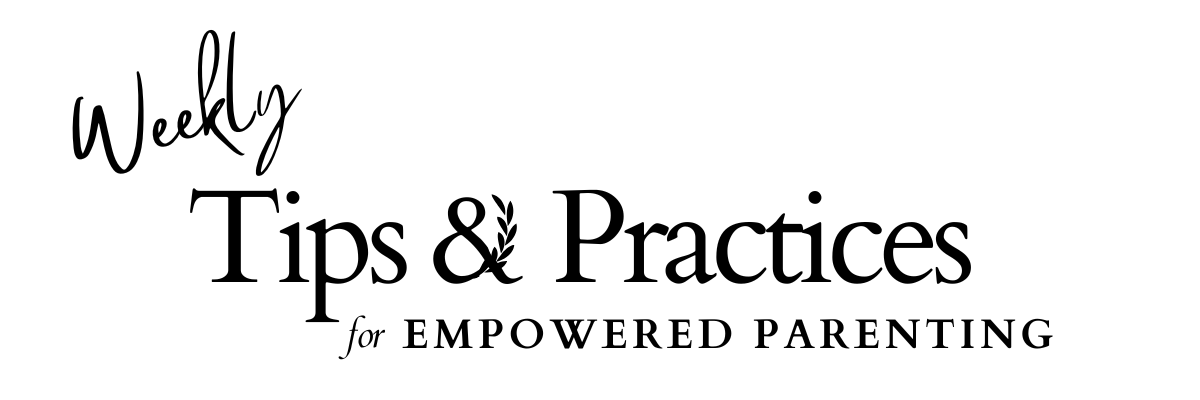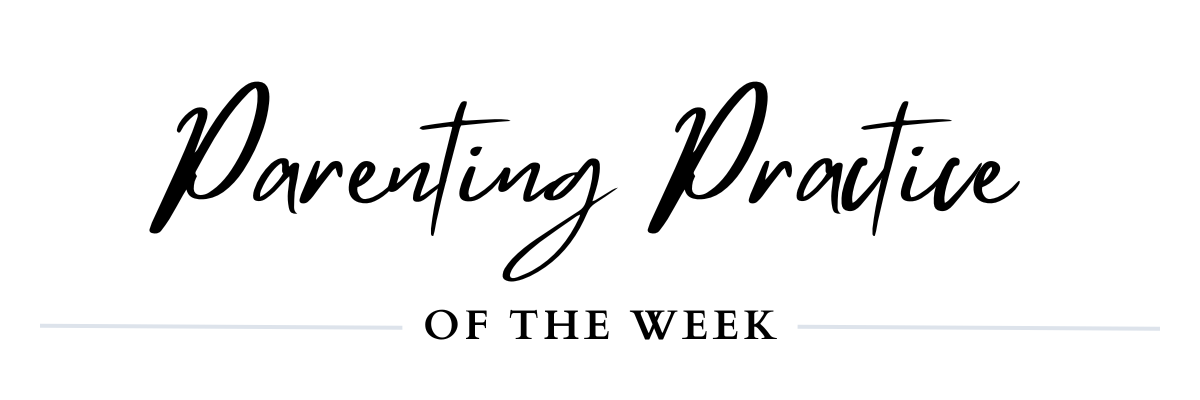When your child’s choices make your heart drop…

Have you ever watched your child make a choice that made your stomach drop?
Maybe they yelled at their sibling,
“I hate you! I wish you were never born.”
Maybe they hurt a friend on purpose because they were hurting inside.
Or maybe they ignored a responsibility and got in trouble at school.
In those moments, our first reaction is often to get triggered. This simply means our nervous system has been activated. It's automatic.
When that happens, our bodies respond as if we’re in danger. The prefrontal cortex, the part of our brain responsible for slower thinking and intentionality, becomes less accessible, and we move into our emotional, reactive brain.
From a survival standpoint, this makes sense. In the wild, we need that adrenaline to run or protect ourselves.
But in parenting?
That same nervous system response often leads us to react in ways that create disconnection and guilt.
We yell.
We grab for control.
We punish.
And while we may have good intentions… to “teach a lesson”...
What kids actually learn from punishment and shame is not usually the deeper lesson we hope for. Yes, they may avoid the behavior next time, but they miss the chance to truly understand:
- Why they did what they did
- How to express themselves differently
- How to honor both their feelings and needs while making a better choice
So, how do we help them learn that kind of lesson?
We slow down.
We get intentional.
We practice being in relationship with our own nervous system.
We look beneath the “bad behavior” to the feelings and needs driving it.

Say What You See
The next time you see your child doing or saying something you don’t agree with, especially in the middle of a conflict with a sibling or friend, pause. Take a deep breath.
Then, like a sportscaster, simply describe what you notice in a calm, neutral tone. No judgment. No harshness. Just name what you see, then wait a moment.
Examples:
- “I hear harsh words being said, and I see a child who feels hurt by them.”
- “I see one kid taking a toy from another, and everyone is upset.”
- “I see your laundry is still on the floor. What’s your plan?”
Of course, if safety is at risk, you’ll step in immediately. But you may be surprised how often you can sit back a little and give your child space to find their own way.
Why It Works:
When we jump in and take control of the moment, our kids lose the opportunity to practice solving problems themselves.
By becoming a sportscaster instead of a controller, we:
- Signal, “I’m here. I’m watching.”
- Give them a beat to ask themselves, “Is this how I want to handle this?”
- Invite their thinking brain to re-engage
- Avoid casting anyone as the villain or victim
- Offer them autonomy and choice
Over time, your child learns they can stop mid-conflict, take a breath, and redirect themselves to a more thoughtful choice.
That’s the power of slowing down, and it’s something we can model for them again and again.
Through the Coach Lens:
At Jai, we believe families heal when parents lead from connection instead of reactivity.
We help parents learn how to slow down in fast moments, stay grounded, and access intentionality.
This “Say What You See” tool is one of many simple, powerful shifts that move families from reactivity to relationship. As coaches, we tailor these tools to fit each family’s needs and walk alongside them as they practice, step by step, into a calmer, more connected way of parenting.
Share This Article:
Curious for more?














